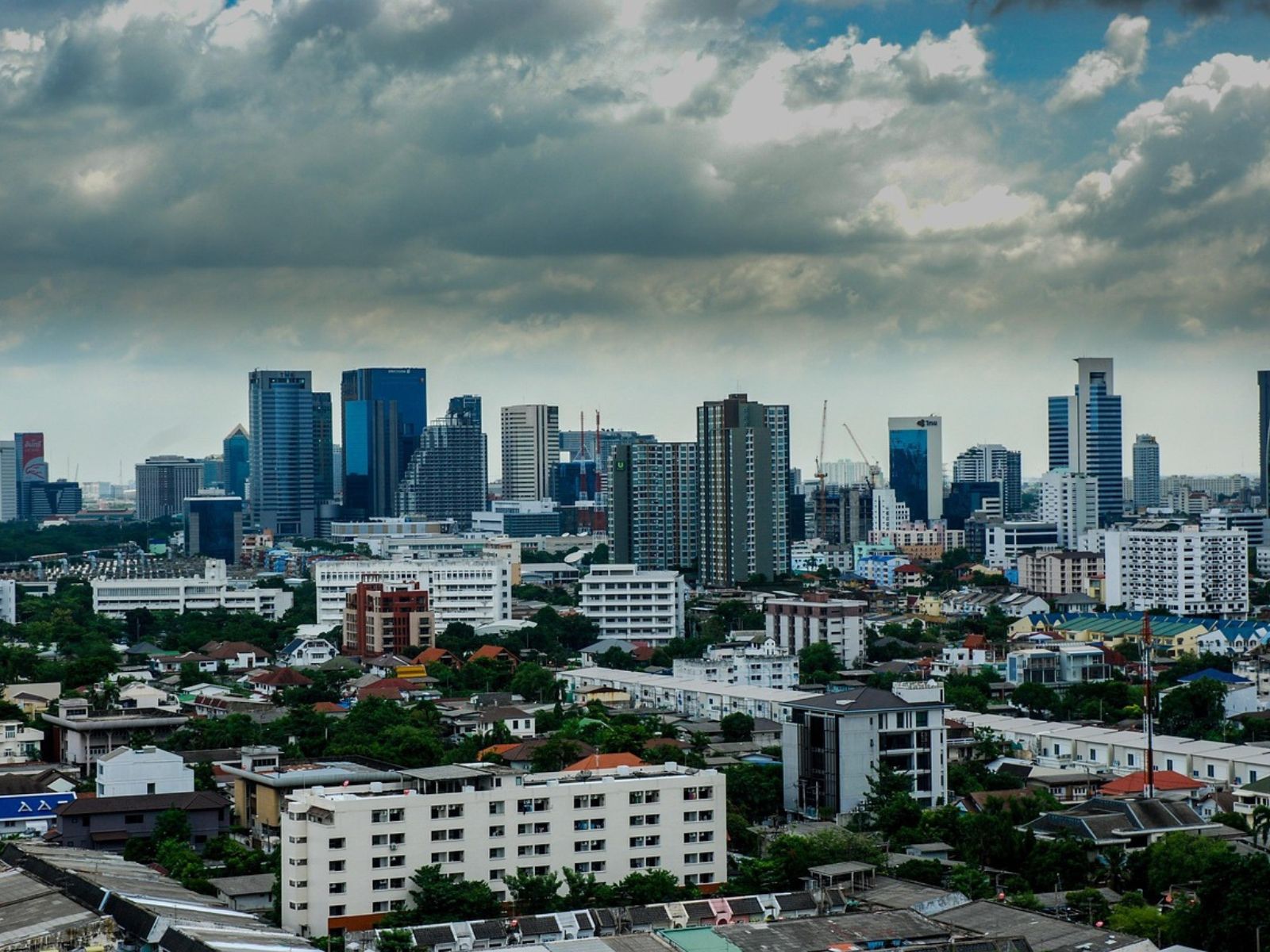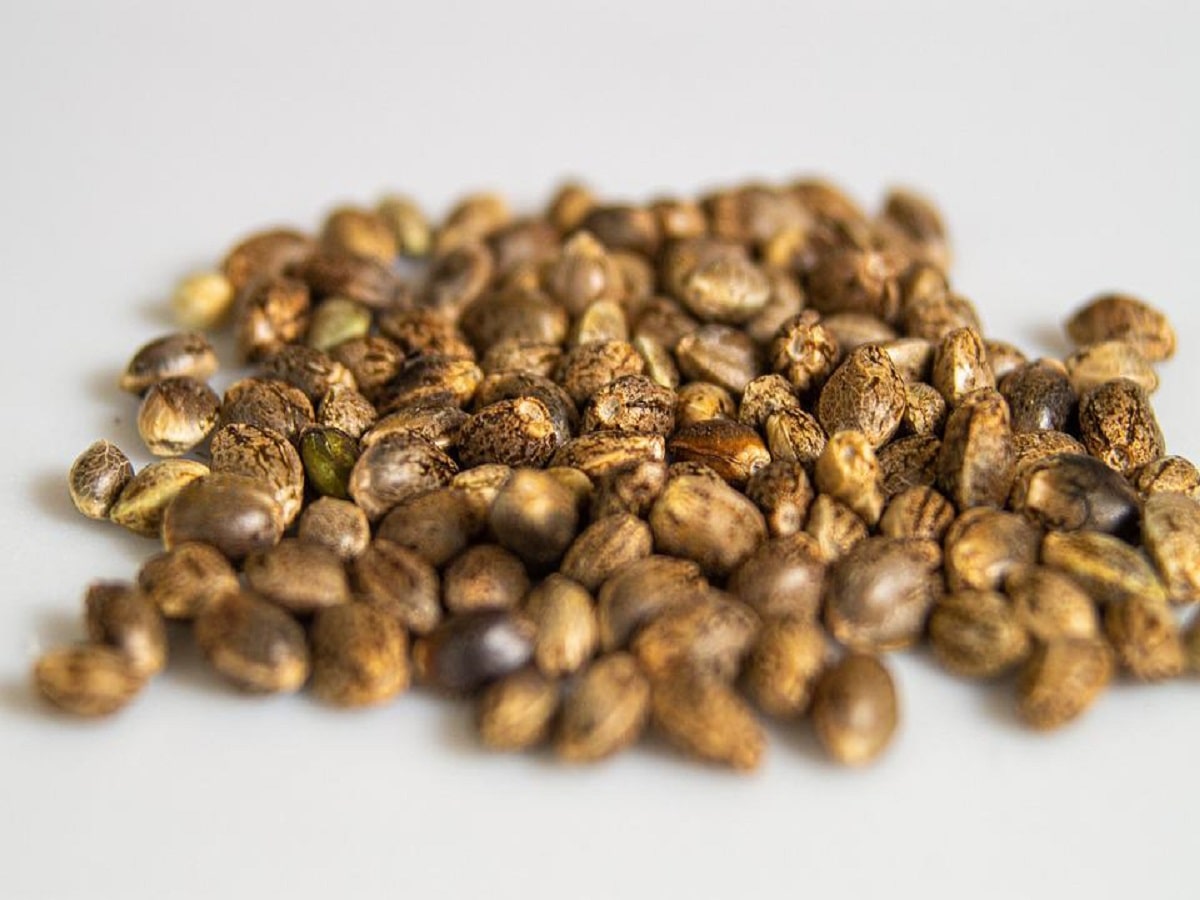
Ready, Set, Thai Canna Tour?

Ready, Set, Thai Canna Tour?
Thailand plans a tour to educate locals about medical cannabis. Fully-fledged production is the goal, but will this lead to other things – like organized canna tourism for foreigners?
Tourism and Sports Minister Phiphat Ratchakitprakam has announced that the federal agency is backing a formal medical marijuana tour. The idea is to increase awareness of the medical efficacy of cannabis among locals who are interested in venturing into cultivation.
According to the Bankok Post, 8 provinces have plantations that will serve as part of the tour, and anyone can purchase a tour package, which includes visiting the farms, and education about how to grow the plant commercially.
The Thai government is also moving fairly quickly to implement not only reforms but the infrastructure necessary to nurture a cannabis industry. In August of this year, the Thai cabinet approved an amendment to the country’s Narcotic Act to allow private medical practitioners, traditional healers, and farmers to grow cannabis for medical treatment. Just two years ago on Christmas Day, the government approved the medical use of cannabis, becoming the first country in Southeast Asia to legalize cannabis for medical purposes.
The Implications Elsewhere
There are still few governments that seem to be as open to creating a national economy for locals as the way the Thai government appears to be going about legalization. In most countries, starting with Europe but also including Australia, New Zealand, and South Africa, the entire process of cannabis cultivation has been limited to existing farmers or cultivators who could raise significant amounts of cash to begin construction of specialized grow facilities and a supply chain that would pass medical muster.
The Thai government, however, appears to be taking a vastly different tact. Namely, making sure that national farmers are given the first opportunity to enter the market and keep control of a commodity that so far has mostly been dominated by those with deep pockets and from elsewhere.
This attempt to keep the cannabis market in local hands may well still traverse the path seen elsewhere – namely selling itself to foreign investors to raise capital for a fully licensed supply chain. However, it also may not. There is considerable backlash growing against the Canadian public industry, in particular. And more and more countries are beginning to understand that keeping cannabis production local is a vital element of national security, just like the ability to grow other food and plants for medicine.
Indeed, the Thai experiment may yet produce its own exotic strain of reform in the coming years that may well leapfrog its way into other national discussions.
Make sure to book your tickets to the International Cannabis Business Conference when it returns to Europe in 2021.
Share article


Share article
Join Our Awesome Community
Join Our Awesome Community
Join Our Awesome
Community
Get all the latest industry news
delivered to your inbox







